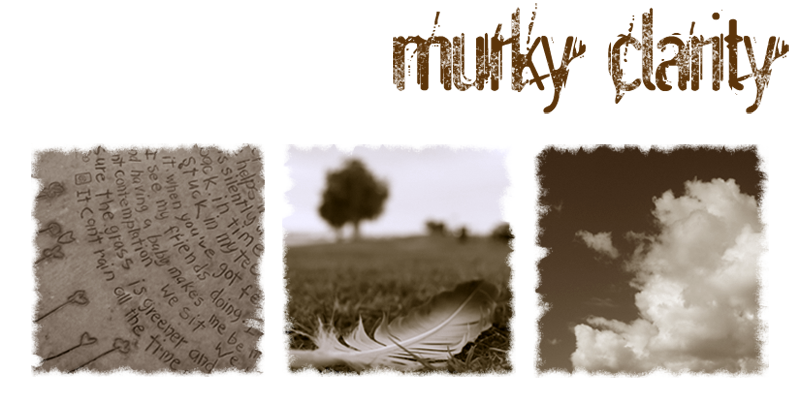noun
verb [with object]
Romance
noun
- love, especially when sentimental or idealized
- [count noun] a love affair, especially one that is not very serious or long-lasting
- [count noun] a book or film dealing with love in a sentimental or idealized way
- a genre of fiction dealing with love in such a way
verb [with object]
- engage in a love affair
- another term for romanticize
There's quite a significant amount of overlap, right? Not in literature. They're two different worlds! You can find Romance novels and other works on shelves specifically reserved for this genre. These novels are highly formulaic, and according to Romance Writers of America, the main plot of a romance novel must revolve around the two main protagonists as they develop romantic love for each other and work to build a relationship together. A romance novel also must have an emotionally satisfying and optimistic ending. I mentioned this genre is highly formulaic, right? There's a 'secret formula' that most Romance authors abide by, I kid you not. I may be getting this wrong, but after reading quite a number of Romance novels (Mama used to read them, and Kasha too, before she started a family -- I read whatever I can find, and before I started earning my own income, my choices were somewhat limited), I think I have an idea what it is:
Oh, and these:
- The story starts off with the heroine, who's not necessarily stunning (people say only male and lesbian authors write about eye candy heroines), but can think on her feet and get herself out of trouble (preferably without help). Almost invariably she has a scarred romantic past, and is looking for a fresh start.
- Right in the opening, our heroine meets or bumps into the hero, who's almost invariably tall, dark and handsome. Well, he can be blond, but there's something about him that's dark and mysterious (straight male and lesbian authors don't usually amp up the hero's physical beauty). Oh, and the heroine later finds out that he's also hung and is great in bed (and on the kitchen counter, in the closet, at the back of his car, in a cheap motel, and so on). Anyways, when they first meet, the heroine will either:
- hate his guts right from the start (almost always the case).
- notice him from afar, and keeps stealing glances back at him.
- fall in love with him, just like that (makes for a shorter and less exciting plot)
- So, they cross paths again and again, and slowly they build a romantic relationship. Or the hero does something grand and unexpected that changes the heroine's view about him. Or he saves her life. You get it, something happens that brings them together.
- They have phenomenal sex (about 1/4 or 1/3 into the novel, sometimes much faster).
- About halfway through, they discover how great is is they've found each other, all all is going well.
- Right afterward, something big happens that tears them apart (misunderstanding, discovery of a dark secret, betrayal, kidnapping, death of someone close, return of the ex).
- A moping-about scene is optional, but encouraged.
- Something big happens to bring them back together again, culminating to a climax (can also be taken literally).
- The two protagonists end up together again, discovering they're meant for each other (MFEO), and depending on the author, they can either deliver a sweet, memorable kiss, or a passionate tongue exchange, or a hand-in-hand stroll toward the sunset, or a make-up sex.
- The End.
- Two people who are unlikely to fall in love, do so anyway.
- A great obstacle stands between the protagonists, but they persevere and beat the obstacle to stay together.
- They always meet the parents (I think Mr. Sparks is old-fashioned that way), who don't necessarily approve of their relationship.
- There's another great obstacle, this time unbeatable (death, whether of one or both of the protagonists, or a close family member), but love prevails.
- Oh. The stories usually take place in the southern regions of North America (in and around Carolina).
Oh, and these:







